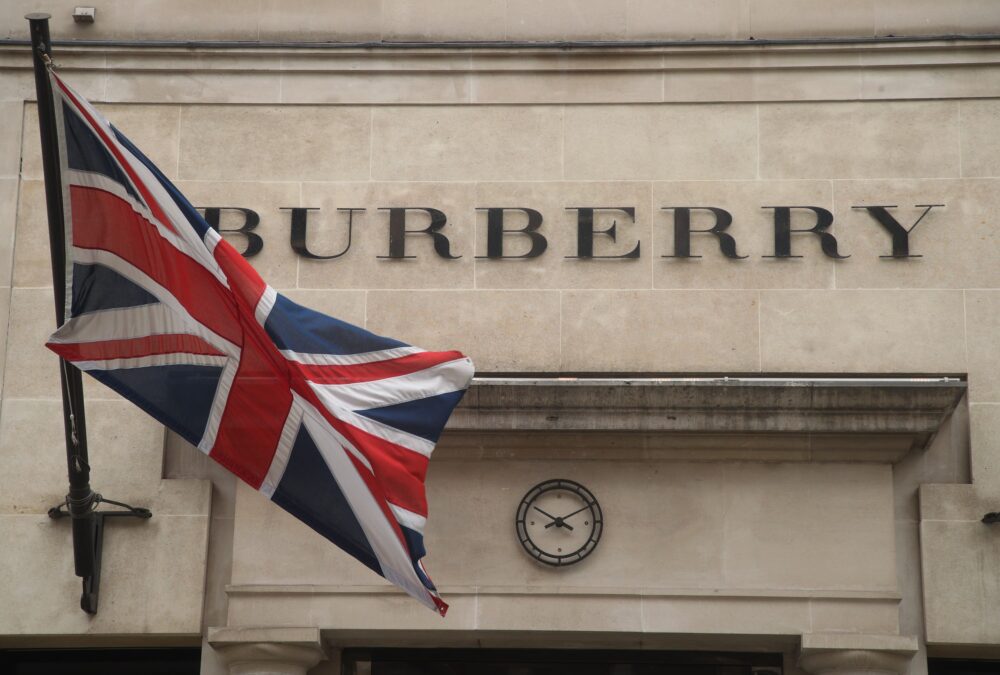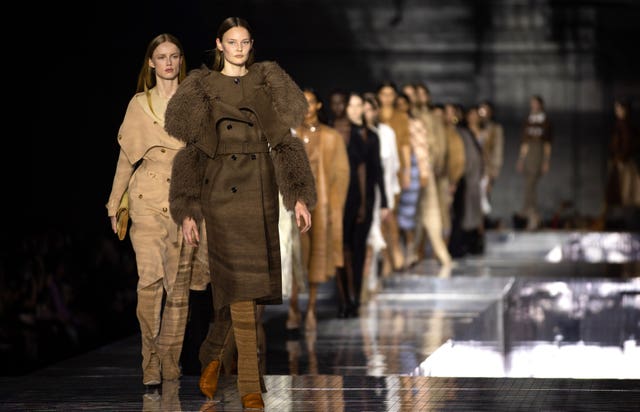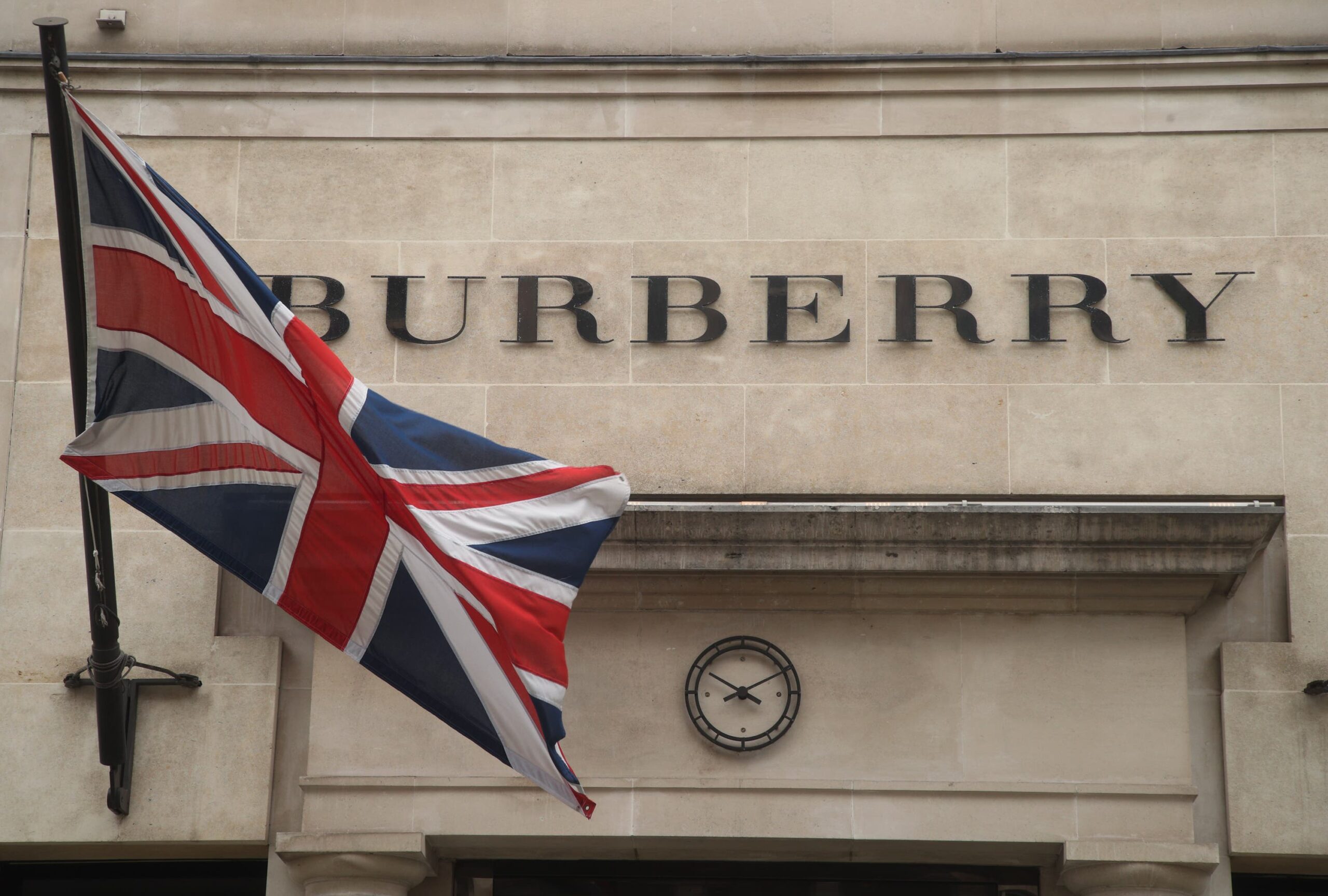Marco Gobbetti has quit as chief executive of luxury fashion brand Burberry after nearly five years in the job.
The boss, who replaced Christopher Bailey in 2017, will leave the UK-based retailer to take up a new, unspecified, role in Italy to be closer to his family, the company said.

The board will now begin the search for a successor, with Mr Gobbetti staying in post until the end of the year to enable an orderly transition, it added.
Chairman Gerry Murphy said the chief executive “has had a transformative impact and established a clearly-defined purpose and strategy, an outstanding team and strong brand momentum”.
He added: “The board and I are naturally disappointed by Marco’s decision, but we understand and fully respect his desire to return to Italy after nearly 20 years abroad.
“With the execution of our strategy on track and our outlook unchanged, we are determined to build on Burberry’s strong foundations to accelerate growth and deliver further value for our shareholders.”
Mr Gobbetti, who took home £2.25 million last year in pay and bonuses, said: “With Burberry re-energised and firmly set on a path to strong growth, I feel that now is the right time for me to step down.”
During his time at the luxury fashion brand, Mr Gobbetti has attempted to push more full price items and rely less of discounts and sales.
He also talked about selling products at higher prices and improving marketing and strategy to tap into rich, young customers’ wallets.

Prior to joining Burberry he was chief executive of Moschino and Givenchy before taking charge at French brand Celine.
The Covid-19 pandemic had an impact on Burberry, with stores closed for large parts of the year and European outlets suffering from the lack of international tourists.
In the UK, around two-thirds of sales came from tourists, which have largely been absent throughout the pandemic.
The company also suffered over the stance of the Better Cotton Initiative, of which it is a member after the group raised concerns over allegations of forced labour camps in the Xinjiang cotton region of China.
Burberry and other fashion brands faced consumer boycotts and a backlash from Chinese authorities, although bosses said the impact was “limited”.
But since lockdown restrictions have eased, the company saw a 32% boost in sales in its most recent results – the three months to the end of March, with strong demand in Asia and the US.
The performance helped limit the fall in full-year revenues to 11% to £2.3 billion, with retail turnover down 9%.

















